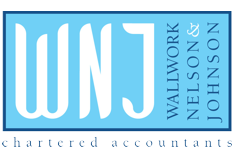Business braces for Budget ‘bad news’
The warnings are clear. Prime Minister Keir Starmer has already declared this month’s Budget is “going to be tough”. The only question is: Just how tough?
The run-up to October 30 has seen intense speculation on what tax hikes chancellor Rachel Reeves will announce when she stands up in the Commons to deliver her speech.
And again, the writing has been on the wall, as she has now started talking about a £40bn funding gap – almost twice the size of the £22bn “black hole” Labour identified on taking office.
If the pundits are right there are going to be some big announcements around taxes that will have impact on both businesses and individuals.
From inheritance tax to fuel duty, the reports all point to a wide range of options being considered in the government’s bid to raise the cash it needs as it looks, in its own words, to “fix the foundations”.
Little wonder the North and Western Lancashire Chamber of Commerce has reported that “taxation anxiety” is in the air for many businesses.
The chancellor is planning to increase the amount of money the government raises in inheritance tax, according to a BBC report.
It is not known how many people are likely to end up paying more, or how much more they would pay under the plans that are reportedly under consideration.
The BBC says it is understood multiple changes to the tax, which currently includes several exemptions and reliefs, are on the table.
Inheritance tax is charged at 40 per cent on the property, possessions and money of somebody who has died above the £325,000 threshold.
The tax includes a series of exemptions which over the years several governments have considered changing in order to raise more cash. It seems Labour is ready to bite the bullet.
Senior government figures have also been hinting that there will be increases to the amount of National Insurance (NI) paid by employers.
There has been growing speculation that the chancellor will scrap the NI exemption on employer pension contributions.
That has led to warnings such a move could hit payments into staff pension schemes and slow hiring or future pay rises, with small business hit the hardest.
Martin McTague, national chair of the Federation of Small Businesses has warned that adding employer NI to pension costs would be “one way of shrinking small business employment even more in 2025”.
A second option for the chancellor could be to increase the rate at which employers pay NI on their employees’ earnings.
Other reports have claimed Rachel Reeves is considering raising taxes levied on entrepreneurs when they sell their businesses.
That would mean cutting a capital gains tax easement known as business asset disposal relief.
It currently allows entrepreneurs to pay a reduced tax of 10 per cent on lifetime gains of up to £1m (subject to certain conditions), rather than the standard 20 per cent levy.
There has been mounting speculation that capital gains tax will rise in the Budget – with some reports forecasting a rise in line with income tax bands – meaning rates of 20 to 40 per cent – but that the chancellor will exempt property from the new rates.
In other pre-Budget speculation, there are reports fuel duty is expected to rise by up to 7p per litre, along with tax hikes for ‘non-doms’.
And when it comes to the property market stamp duty exemptions are likely to be ended. The lower stamp duty threshold for first-time buyers is set to be scrapped, according to some reports.




